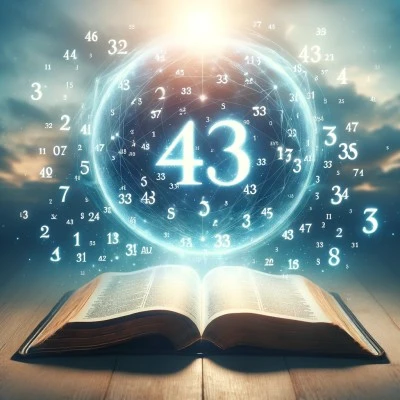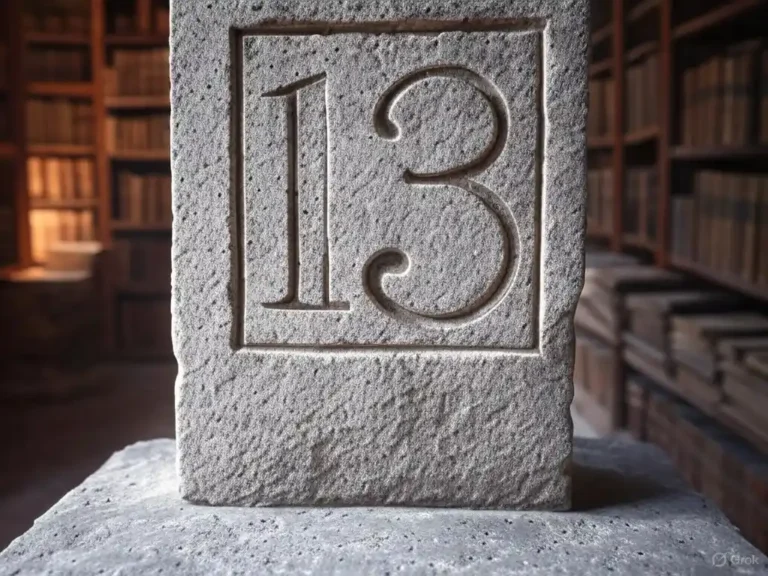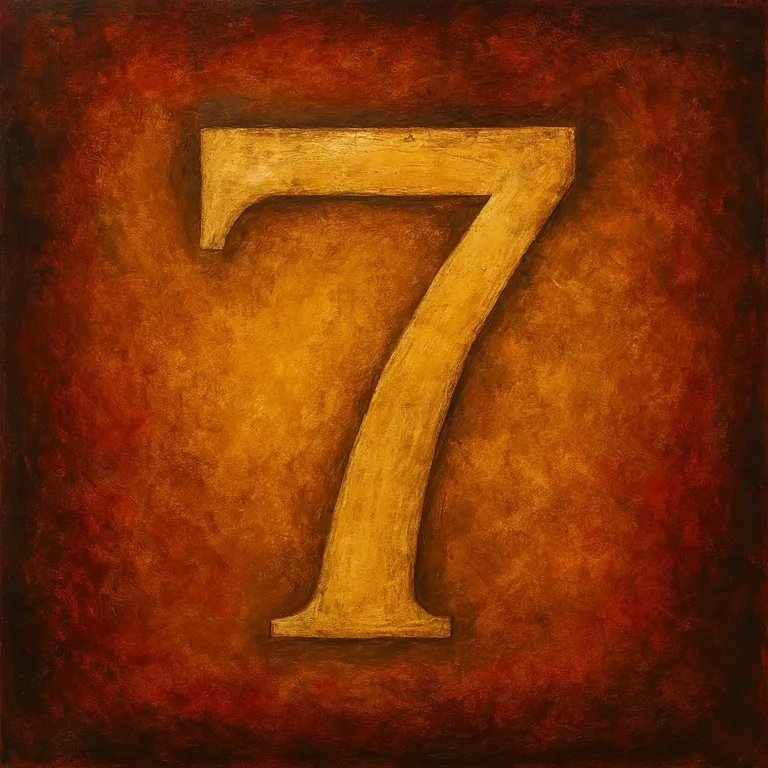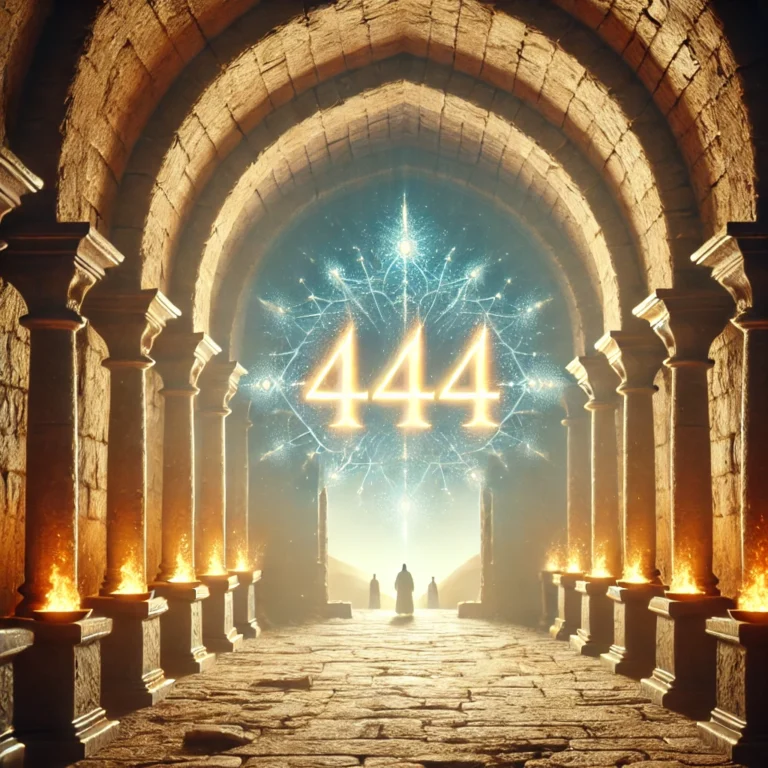Unveiling the Biblical Meaning of the Number 4
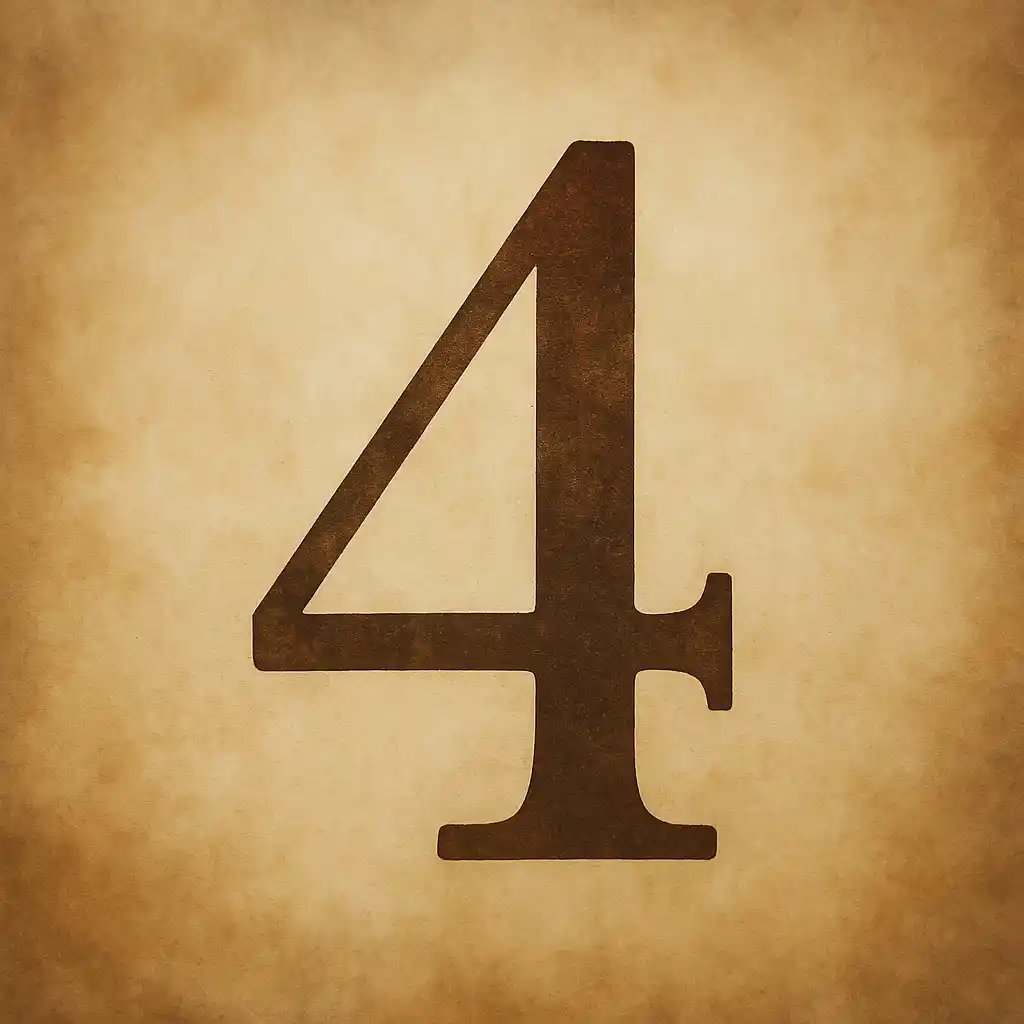
The Bible is a treasure trove of symbolic numbers, each carrying deep spiritual significance. Among these, the number 4 stands out for its association with completeness, creation, and divine order. Whether you’re seeing the number repeatedly or curious about its hidden meaning, understanding what the number 4 means in the Bible can open new dimensions of insight into scripture and spirituality.
The Foundational Meaning of Number 4 in the Bible
The number 4 in the Bible often symbolizes universality and completeness, particularly regarding the physical world. It represents the four cardinal directions—north, south, east, and west—and the four seasons—spring, summer, fall, and winter. This connection to the created world reinforces the idea of divine order and balance.
Genesis 1 reveals the creation of the material world. On the fourth day, God made the sun, moon, and stars to govern the day and night and mark sacred times. This placement emphasizes that 4 is the number where the physical universe begins to operate under divine structure.
The Number 4 as a Sign of Earthly Completeness
Throughout scripture, the number 4 appears in patterns that support its link to the earth and mankind’s experience of creation. For example, in Revelation 7:1, four angels stand at the four corners of the earth, holding back the winds, symbolizing God’s control over natural forces. The phrase “four corners of the earth” reinforces the earthly scope of divine influence.
Additionally, the Gospels—Matthew, Mark, Luke, and John—represent four perspectives of Jesus’ life and teachings, offering a complete picture of His earthly ministry. This reinforces the number’s connection to wholeness within the realm of human experience.
Symbolism of Order and Foundation
The number 4 often reflects stability and a firm foundation, akin to the four legs of a table or the four walls of a house. In biblical teachings, God uses numbers to illustrate the establishment of His laws and structure within the world. The Ten Commandments, for instance, can be divided into two groups—four addressing our relationship with God and six addressing relationships with others. These first four serve as a moral foundation for spiritual life.
Number 4 in Prophetic and Apocalyptic Texts
Prophetic books also highlight the number 4. In the visions of Daniel and Revelation, we find references to four beasts and four living creatures, which symbolize completeness in God’s prophetic vision of time and kingdoms. These creatures act as messengers and guardians of divine mysteries, signifying the all-encompassing reach of divine wisdom and power across creation.
Embracing the Meaning of 4 in Daily Life
When the number 4 appears in your daily life—whether in dreams, synchronicities, or meditations—it may be a divine nudge to focus on grounding, balance, and the material aspects of your life. It reminds us to build strong foundations, both spiritually and practically, and to align ourselves with divine order.
Carry the Meaning of Four Close to Your Heart: Sterling Silver Number 4 Pendant
Inspired by scriptural symbolism, this number 4 charm represents foundational truth and spiritual structure. Adorn yourself with a daily reminder of sacred meaning through the Getlace 925 Sterling Silver Number 4 pendant. Whether as a gift or personal keepsake, it speaks to anyone inspired by biblical numerology. A sleek and heartfelt accessory for faithful souls.
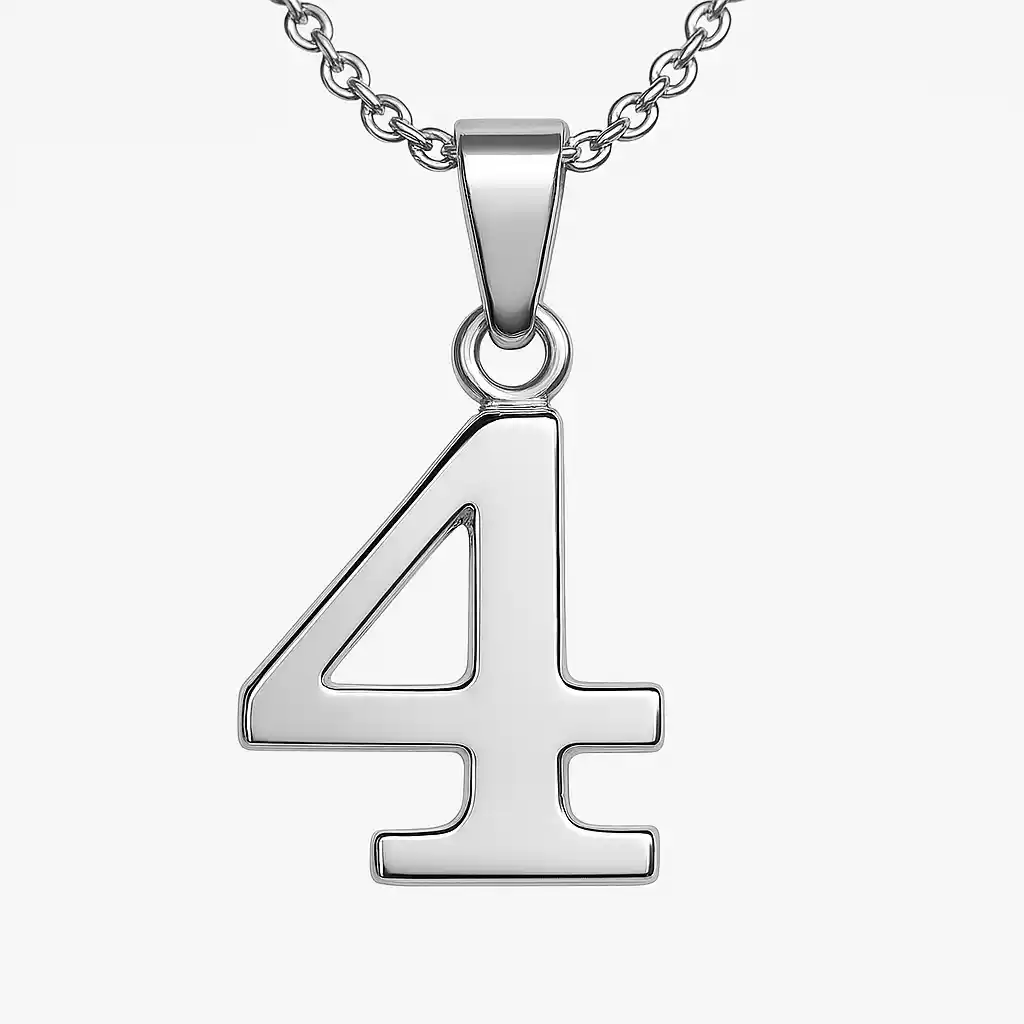
Conclusion
In biblical numerology, the number 4 represents completeness in creation, structure, and divine order. From the creation of the heavens on the fourth day to the four Gospels, which offer a full portrayal of Christ’s life, the number 4 reflects divine intention and foundational strength. Recognizing its symbolism encourages us to ground ourselves in spiritual truth and live with balance, discipline, and clarity.
Related Articles You Might Find Helpful
Explore more insights into the meaning of numbers in scripture and your spiritual journey:


